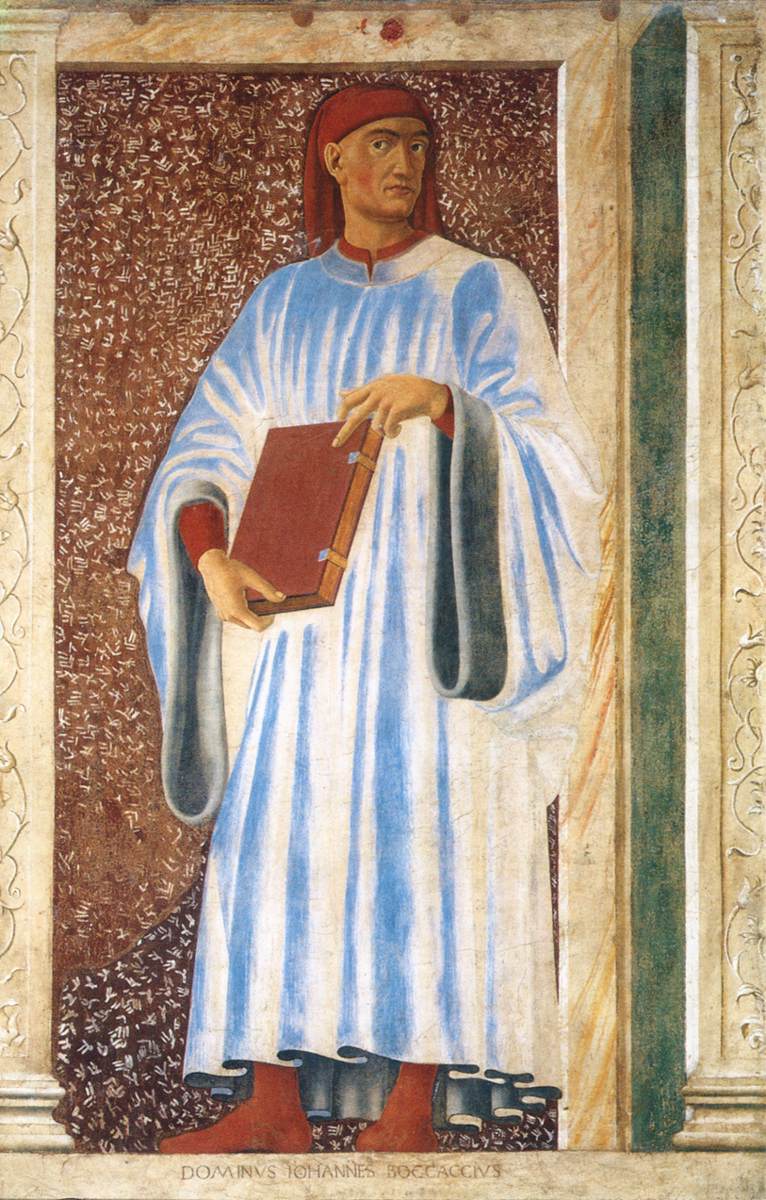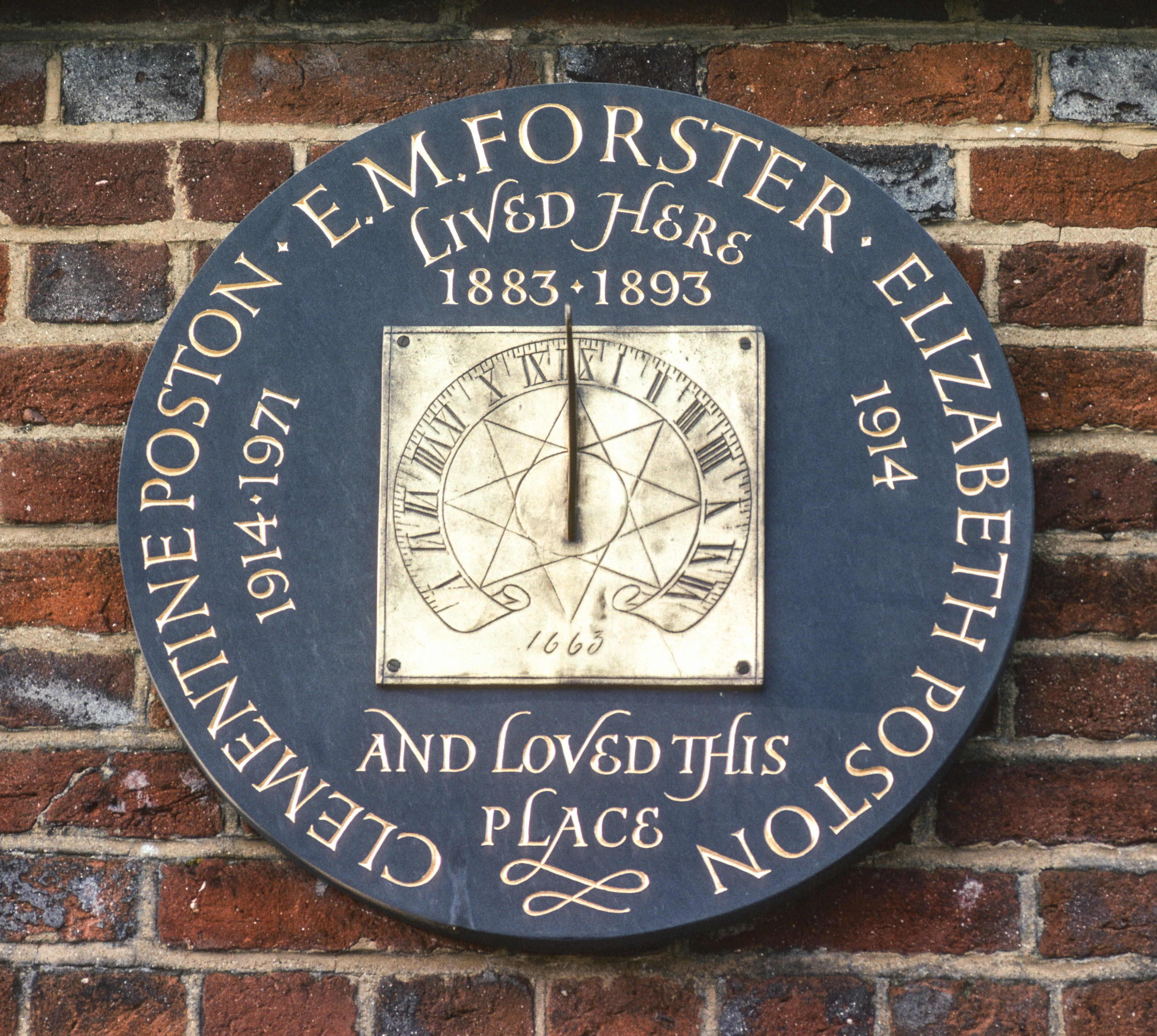|
Imaginary Conversations
''Imaginary Conversations'' is Walter Savage Landor's most celebrated prose work. Begun in 1823, sections were constantly revised and were ultimately published in a series of five volumes. The conversations were in the tradition of Lucian, dialogues with the dead, a genre begun in Classical times that had a popular European revival in the 17th century and after. Their subjects range over philosophical, political and moral themes, and are designed to give a dramatic sense of the contrasting personalities and attitudes involved. The work ''The Imaginary Conversations'' were begun when Landor was living in Florence and were initially published as they were completed between 1824 and 1829, by which time they filled three volumes. The dialogues, not yet divided into categories, were initially given the composite title ''Conversations of Literary Men and Statesmen''. With their success Landor continued to write more, as well as to polish and add to those already published. Some appeared f ... [...More Info...] [...Related Items...] OR: [Wikipedia] [Google] [Baidu] [Amazon] |
Walter Savage Landor
Walter Savage Landor (30 January 177517 September 1864) was an English writer, poet, and activist. His best known works were the prose ''Imaginary Conversations,'' and the poem "Rose Aylmer," but the critical acclaim he received from contemporary poets and reviewers was not matched by public popularity. As remarkable as his work was, it was equalled by his rumbustious character and lively temperament. Both his writing and political activism, such as his support for Lajos Kossuth and Giuseppe Garibaldi, were imbued with his passion for liberal and republican causes. He befriended and influenced the next generation of literary reformers such as Charles Dickens and Robert Browning. Summary of his work In a long and active life of 89 years Landor produced a considerable amount of work in various genres. This can perhaps be classified into four main areasprose, lyric poetry, political writings including epigrams, and Latin. His prose and poetry have received most acclaim, but critic ... [...More Info...] [...Related Items...] OR: [Wikipedia] [Google] [Baidu] [Amazon] |
Giovanni Boccaccio
Giovanni Boccaccio ( , ; ; 16 June 1313 – 21 December 1375) was an Italian people, Italian writer, poet, correspondent of Petrarch, and an important Renaissance humanism, Renaissance humanist. Born in the town of Certaldo, he became so well known as a writer that he was sometimes simply known as "the Certaldese" and one of the most important figures in the European literary panorama of the 14th century, fourteenth century. Some scholars (including Vittore Branca) define him as the greatest European prose writer of his time, a versatile writer who amalgamated different literary trends and genres, making them converge in original works, thanks to a creative activity exercised under the banner of experimentalism. His most notable works are ''The Decameron'', a collection of short stories, and ''De Mulieribus Claris, On Famous Women''. ''The Decameron'' became a determining element for the Italian literary tradition, especially after Pietro Bembo elevated the Boccaccian styl ... [...More Info...] [...Related Items...] OR: [Wikipedia] [Google] [Baidu] [Amazon] |
Rudyard Kipling
Joseph Rudyard Kipling ( ; 30 December 1865 – 18 January 1936)''The Times'', (London) 18 January 1936, p. 12. was an English journalist, novelist, poet, and short-story writer. He was born in British Raj, British India, which inspired much of his work. Kipling's works of fiction include the ''Jungle Book'' -logy, duology (''The Jungle Book'', 1894; ''The Second Jungle Book'', 1895), ''Kim (novel), Kim'' (1901), the ''Just So Stories'' (1902) and many short stories, including "The Man Who Would Be King" (1888). His poems include "Mandalay (poem), Mandalay" (1890), "Gunga Din" (1890), "The Gods of the Copybook Headings" (1919), "The White Man's Burden" (1899), and "If—" (1910). He is seen as an innovator in the art of the short story.Rutherford, Andrew (1987). General Preface to the Editions of Rudyard Kipling, in "Puck of Pook's Hill and Rewards and Fairies", by Rudyard Kipling. Oxford University Press. His children's books are classics; one critic noted "a versatile and l ... [...More Info...] [...Related Items...] OR: [Wikipedia] [Google] [Baidu] [Amazon] |
Howards End
''Howards End'' is a novel by E. M. Forster, first published in 1910, about social conventions, codes of conduct and relationships in turn-of-the-century England. ''Howards End'' is considered by many to be Forster's masterpiece. The book was conceived in June 1908 and worked on throughout the following year; it was completed in July 1910. Premise The story revolves around three families in England at the beginning of the 20th century: the Wilcoxes, rich capitalists with a fortune made in the colonies; the half-German Schlegel siblings (Margaret, Helen, and Tibby), whose cultural pursuits have much in common with the Bloomsbury Group; and the Basts, an impoverished young couple from a lower-class background. The idealistic, intelligent Schlegel sisters seek to help the struggling Basts and to rid the Wilcoxes of some of their deep-seated social and economic prejudices. Plot summary The Schlegels, a family of intellectual and idealistic sisters, once befriended the Wilcoxe ... [...More Info...] [...Related Items...] OR: [Wikipedia] [Google] [Baidu] [Amazon] |
Ralph Waldo Emerson
Ralph Waldo Emerson (May 25, 1803April 27, 1882), who went by his middle name Waldo, was an American essayist, lecturer, philosopher, minister, abolitionism, abolitionist, and poet who led the Transcendentalism, Transcendentalist movement of the mid-19th century. He was seen as a champion of individualism and critical thinking, as well as a prescient critic of the countervailing pressures of society and conformity. Friedrich Nietzsche thought he was "the most gifted of the Americans," and Walt Whitman called Emerson his "master". Emerson gradually moved away from the religious and social beliefs of his contemporaries, formulating and expressing the philosophy of Transcendentalism in his 1836 essay, "Nature (Emerson), Nature". His speech "The American Scholar," given in 1837, was called America's "intellectual Declaration of Independence" by Oliver Wendell Holmes Sr.Richardson, p. 263. Emerson wrote most of Essays (Emerson), his important essays as lectures and then revised them ... [...More Info...] [...Related Items...] OR: [Wikipedia] [Google] [Baidu] [Amazon] |
Prosper Merimée , a character in Shakespeare's pla ...
Prosper may refer to: __NOTOC__ Places in the United States * Prosper, Michigan, an unincorporated community * Prosper, Minnesota, an unincorporated community * Prosper, North Dakota, an unincorporated community * Prosper, Oregon, an unincorporated community * Prosper, Texas, a town People * Prosper (name), a list of people and fictional characters with the name Other uses * PROSPER, a computer programming language invented by Earl Isaac in the early 1970s * ''Prosper'' (TV series), a 2024 Australian TV series * Prosper Marketplace, a business that allows online person-to-person lending and borrowing See also * Prosperity, a state of overall flourishing and good fortune * Prospero Prospero ( ) is a fictional character and the protagonist of William Shakespeare's ''The Tempest''. Character Twelve years before the play begins, Prospero is usurped from his position as the rightful Duke of Milan by his brother Antonio, ... [...More Info...] [...Related Items...] OR: [Wikipedia] [Google] [Baidu] [Amazon] |




